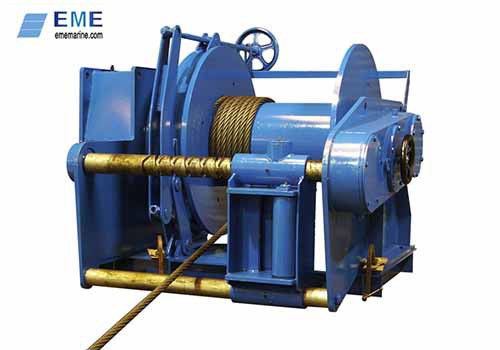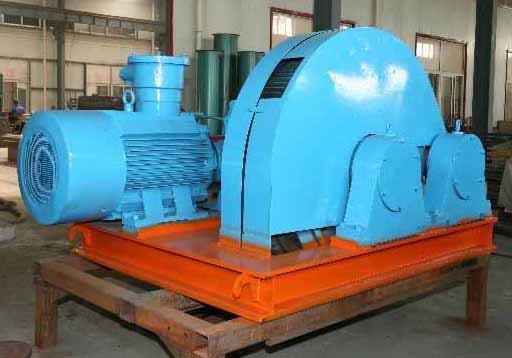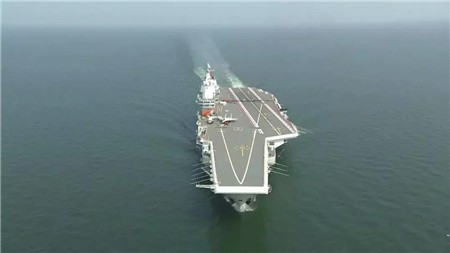
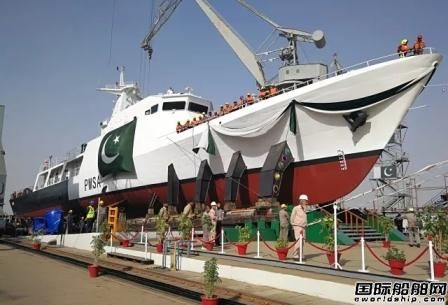
After "blacklisting" as many as 59 Chinese entities on Dec. 18, the U.S. Department of Commerce launched its first "military end user" list, with 58 more Chinese companies included on the "blacklist" and a shipyard owned by China Shipbuilding Group also "blacklisted.
On December 22, the U.S. Department of Commerce announced that the Bureau of Industry and Security (BIS) will amend the Export Administration Regulations (EAR) to add a new list of "military end users" (MEUs), including 103 entities, 58 of which are Chinese companies and 45 of which are Russian companies. The U.S. government has determined that these companies are "military end-users" for purposes of the EAR and that their association with the military could limit their procurement of a range of U.S. products and technologies.
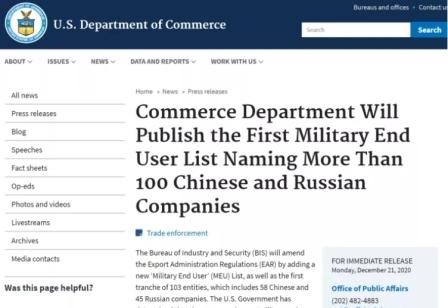
U.S. Secretary of Commerce Ross said, "This action establishes a new process for designating military end-users on the 'military end-user' list to assist exporters in screening whether their customers are military end-users. The Commerce Department recognizes the importance of leveraging partnerships with U.S. and global businesses to combat the exclusive use of U.S. technology by China and Russia for destabilizing military programs"
The U.S. Department of Commerce notes that the "military end-user" list will inform exporters, re-exporters and transferors that a license will be required to export, re-export or transfer (domestically) designated items to the listed entities. The U.S. government has determined that there is an unacceptable risk that these listed entities will use or divert controlled products for "military end use" or transfer to "military end users" in China, Russia or Venezuela.
The U.S. Department of Commerce has published the list in the Federal Register on Dec. 22 for public review. The list supports the U.S. export industry by identifying military end-users known to the U.S. government and improving the effectiveness of controls on military end-use and military end-users.
The U.S. Department of Commerce emphasizes that this is a non-exhaustive list and does not imply that other entities not included on the list are exempt from the regulatory prohibitions. While the initial list includes 103 companies, additional parties may be added or removed from the list as determined by the End-User Review Board, an interagency body comprised of the U.S. Departments of Commerce, Defense, Energy, State and Treasury.
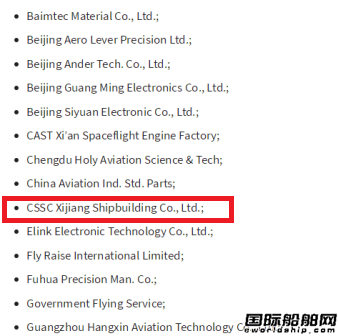
It is understood that this latest list contains entities such as the Academy of Aerospace Power Technology of China (AASPT), seven companies under the Aviation Industry Corporation of China (AVIC), and eight companies under the Aero Engine Corporation of China (AECC) are on the list. There is also China Shipbuilding Xijiang Shipbuilding Co.
It is understood that CSBC Xijiang Shipbuilding was founded in 1965, formerly known as the state-owned Xijiang Shipyard, and was restructured and established as a limited company in January 2008. At present, the main products of CSSC Xijiang Shipbuilding include small and medium-sized military ships and ship products for transportation, traffic, tourism and engineering, as well as large steel structure parts. Over the past forty years since its establishment, CSSC Xijiang Shipbuilding has built more than 700 ships of various types and exported more than 30 ships to seven countries, and its product quality and after-sales service have been well received by customers.
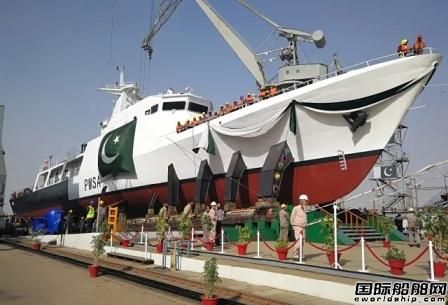
It is worth mentioning that on December 18, the U.S. Department of Commerce just put a total of 77 entities on the "Entity List" for "protecting U.S. national security", saying that these entities have "violated U.S. national security or foreign policy interests". As many as 59 Chinese companies, universities and individuals were included in the list, and China Shipbuilding Group became the "hardest hit", with 25 core research institutions and three shipyards under the sanctions.
In August, the U.S. Department of Commerce also added 24 Chinese companies to the list of U.S. entities for "helping the Chinese military build artificial islands in the South China Sea. These 24 Chinese companies include three subordinate institutions and enterprises of China Shipbuilding Group - China Shipbuilding Group No. 722 Research Institute (Wuhan Shipbuilding Communication Research Institute), Wuhan Meilite Communication Co.
In addition, in June this year, the U.S. Department of Defense released a list of 20 Chinese high-tech companies listed as "entities owned, controlled, or affiliated with the Chinese government, military, or defense industry," which cover the fields of aviation, communications, nuclear power, and shipping, including China Shipbuilding Industry Corporation (CSIC) and China Shipbuilding Industry Corporation (CSSC).
Foreign media believe that, as the U.S. government is about to change in a month, the latest sanctions may be Trump in the transition between the two administrations to consolidate its "tough on China policy" (Tough-on-China), so as to leave a tough "policy legacy" to the next President Biden "It is not yet clear what the next president will do. It is unclear what the next President Biden's approach to such policies will be.
For some time now, the U.S. government has increased its unjustified crackdown on Chinese companies. A Chinese Foreign Ministry spokesperson has repeatedly said that China is firmly opposed to the U.S. side's unwarranted crackdown on Chinese companies and has repeatedly stated its stern position on this issue. What the U.S. side has done is seriously contrary to the principles of market competition and international economic and trade rules that the U.S. side has always boasted, and will definitely damage the national interests and image of the U.S. Chinese enterprises have always been operating in compliance with the law and strictly abide by the laws and regulations of various countries, including U.S. laws, in their international operations. The U.S. side should stop the wrong behavior of generalizing the concept of national security and suppressing foreign enterprises.
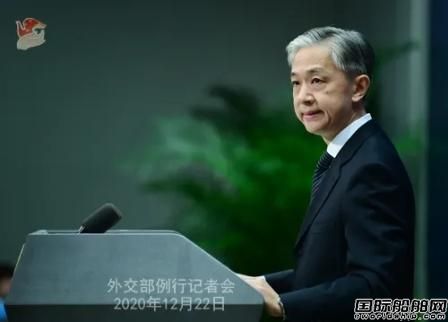
On December 22, Foreign Ministry spokesman Wang Wenbin hosted a regular press conference. A reporter asked, "On December 21, the U.S. Department of Commerce released a list of so-called "military-linked" entities, which includes 58 Chinese entities that will be restricted from purchasing a range of U.S. goods and technologies. What is China's comment?
Wang Wenbin said that for a period of time, the United States has been using its national power, generalizing the concept of national security, and continuously abusing export control and other measures to suppress and curb specific enterprises in other countries. This is a serious damage to the rules of free trade, a serious threat to the security of the global industrial chain and supply chain, and a serious damage to the well-being of people of all countries, including the United States. China is firmly opposed to this and urges the U.S. side to immediately stop the wrong approach and give fair treatment to enterprises of all countries, including Chinese enterprises. China will take all necessary measures to resolutely safeguard the legitimate rights and interests of Chinese enterprises.
